How do you raise your children? Do you know what parenting style you have? Different parenting styles can affect children in different ways. Here are the 4 parenting styles in psychology you need to know about.
What is a parenting style?
When it comes to parenting, all of us have our own unique ways to raise our children. However, despite how different we may be as parents, there are certain aspects that all parents have in common. We all have certain attitudes and styles as parents that enable us to to raise our children the best we can.
Parenting style is a psychological concept that refers to a set of parental attitudes towards our child which influences them mentally, emotionally, physically and even spiritually as they grow up. Parenting styles in psychology are a manifestation of parental behavior. However, parenting styles are different from parenting practice, which primarily focuses on how you interact with your child. Parenting style creates the psychological and emotional environment for parent-child interaction. This not only has a significant impact on the child, but also on the quality of life for the whole family.
Also read: How Mindful Meditation Can Make You A Better Parent
Baumrind’s parenting styles in psychology
Clinical and developmental psychologist Diane Baumrind at the University of California, Berkeley developed one of the most widely accepted categorization of parenting styles in the 1960s.
Baumrind identified four major parenting styles in psychology with specific characteristics –
- Authoritarian or Disciplinarian Parenting
- Authoritative Parenting
- Permissive or Indulgent Parenting
- Uninvolved or Neglectful Parenting
Each of these four parenting styles are analyzed on different aspects like nurturance, communication, expectations and discipline style. Although a parent might not completely fit into a specific category, they will possess adequate characteristics associated with one of these four parenting styles. Moreover, some parents may also implement different parenting styles to varying degrees depending on the parent-child relationship. Parenting styles may also vary from one child to another. It means a parent may have an authoritarian parenting style for their older child, while they may be authoritative towards their younger child.
It should also be noted that the Baumrind parenting styles are specifically focused on parents in the United States and it is somewhat unclear how the different styles may be relevant in different cultures.
Also read: Conscious Parenting: The Art Of Raising Happy Children
Types of parenting styles in psychology
Here are the four different types of parenting styles in psychology according to Diane Baumrind:
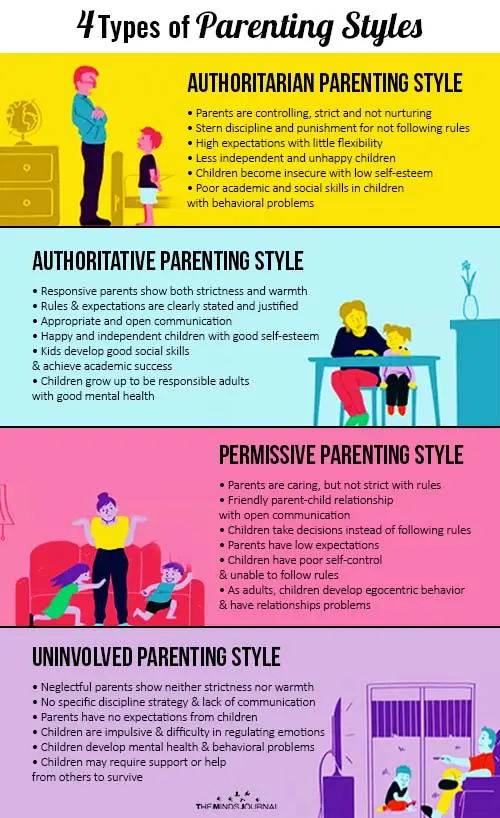
1. Authoritarian Parenting
This style of parenting is mostly about establishing rules and being strict with little or no warmth or compassion. Controlling parents are more focused on setting rules that their kids must follow at all costs. Usually, there is no justification or explanation for the rules. Moreover, there is little or no room negotiation for relaxation.
Authoritarian parents are not interested in understanding what drives a child’s behavior and actions. Hence, these parents are mostly unresponsive to the needs of their child. With frequent punishment and one way communication from parent to child, the children tend to become hostile and lack decision making or problem-solving skills.
Some basic characteristics of this parenting style involves –
- Parents are usually not nurturing
- Stern discipline and punishment
- High expectations with little flexibility
- Less independent and unhappy children
- Children become insecure with low self-esteem
- Poor academic and social skills in children with behavioral problems
In an enlightening article, psychotherapist and bestselling author Amy Morin, LCSW, writes “Children of authoritarian parents are at a higher risk of developing self-esteem problems because their opinions aren’t valued. They may also become hostile or aggressive.”
She adds “Since authoritarian parents are often strict, their children may grow to become good liars in an effort to avoid punishment.”
Also read: 5 Kinds Of Fear-Based Parenting Every Parent Should Steer Clear Of
2. Authoritative Parenting
Being authoritative is very different from being an authoritarian parent. This type of parenting is believed to be the best approach to parenting. Authoritative parents set rules for their children but they also let their kids understand why these rules are important. They show both strictness and warmth. Not only they try to understand their children’s perspective, these parents are also responsive to the needs of their children. As they have realistic expectations from their kids, the children tend to be responsible as adults with excellent problem-solving and decision-making skills.
According to the American Psychological Association (APA), authoritative parents are “nurturing, responsive, and supportive, yet set firm limits for their children. Children raised with this style tend to be friendly, energetic, cheerful, self-reliant, self-controlled, curious, cooperative and achievement-oriented.”
One of the primary differences between being authoritative and authoritarian is, this type of parents tend to “control children’s behavior by explaining rules, discussing, and reasoning.” Authoritative parents are not only reasonable and understanding, they are affectionate, nurturing and supportive.
Authoritative parenting style involves some of these characteristics:
- Expectations are clearly stated and children can add inputs
- Rules are clear and justified
- Communication is appropriate for the child to understand and express
- Children are happy and independent with good self-esteem
- Kids have good social skills with excellent academic success
- Children grow up to be responsible adults with better mental health
Amy Morin explains “Authoritative parents invest time and energy into preventing behavior problems before they start. They also use positive discipline strategies to reinforce good behavior.” She adds “Researchers have found kids who have authoritative parents are most likely to become responsible adults who feel comfortable expressing their opinions.”
Also read: Understanding The Psychology Behind A Child’s Behavior
3. Permissive parenting
Permissive parents tend to be warm and affectionate, but are less likely to be strict or set any rules for their children. These parents are responsive to their kids needs but tend to have a more friendly parent-child relationship. As they have low expectations regarding self-control and maturity, their children have difficulty following authority and rules when they grow up.
Although they love their children a lot, they need to realize the importance of setting boundaries. Allowing your children to do what they want can be detrimental in the long run. This is one of the parenting styles in psychology that can do more harm than good. The APA explains, “In this parenting style, parents are warm, but lax. Children raised with this parenting style tend to be impulsive, rebellious, aimless, domineering, aggressive and low in self-reliance, self-control and achievement.”
Some common characteristics of this style of parenting are:
- Parents are caring and communication is open
- Children take decisions instead of following rules
- Parents have low expectations
- Children have poor self-control and unable to follow rules
- Children develop egocentric behavior
- As adults, these children have problems in social interactions & relationships
Author Amy Morin writes that permissive parents “encourage their children to talk with them about their problems, but they usually don’t put much effort into discouraging poor choices or bad behavior.” Children of such parents often grow up with behavioral problems and have “have low self-esteem and may report a lot of sadness. They’re also at a higher risk for health problems, like obesity,” she adds.
Also read: 5 Practical Things You Can Do For Building Your Child’s Self-Confidence
4. Uninvolved Parenting
These types of parents are usually detached and show neither strictness nor warmth. They may either neglect the needs of their kids or meet only the basic needs. Uninvolved or neglectful parents tend to have mental health issues or suffer from substance abuse or financial stress. This type of parents offer excessive freedom to their children and have no expectations or boundaries. They either consciously stay detached from their children or may be confused about how to be a parent. Hence, the kids are compelled to raise themselves.
These parents are “unresponsive, unavailable and rejecting,” according to theAmerican Psychological Association. It states “Children raised with this parenting style tend to have low self-esteem and little self-confidence and seek other, sometimes inappropriate, role models to substitute for the neglectful parent.” This is one of the most harmful parenting styles in psychology.
Some basic characteristics of this parenting style involves –
- No specific discipline strategy is used
- Lack of communication
- Parents are not warm or affectionate and have no expectations from children
- Children are impulsive and unable to manage emotions in a healthy way.
- Kids may have mental health issues, behavioral problems and addiction issues
- Children may require support or help from others
Psychotherapist Amy Morin believes “Children with uninvolved parents are likely to struggle with self-esteem issues. They tend to perform poorly in school. They also exhibit frequent behavior problems and rank low in happiness.”
Also read: The Dangers of Distracted Parenting: Why Parents Need To Put Down Their Phones
What is your parenting style?
It’s pretty obvious that authoritative parenting is the most effective among all the 4 parenting styles in psychology. Authoritative parents not only set strict rules, but also provide care and nurturing to the child so that they can grow up to be a healthy and responsible adult. But what kind of a parent are you?
As I said earlier, most of us do not completely fit into a specific category or style as we tend to use a combination of different parenting styles while raising our children. As long as you love and care about your children, meet their physical, mental and emotional needs, teach them to follow authority and rules and imbibe values in them, you will be successfully able to raise a happy and smart child.
Amy Morin explains, “Sometimes parents don’t fit into just one category, so don’t despair if there are times or areas where you tend to be permissive and other times when you’re more authoritative.” She concludes “With dedication and commitment to being the best parent you can be, you can maintain a positive relationship with your child while still establishing your authority in a healthy manner.”
Also read: How to Raise Emotionally Intelligent Children: 3 Crucial Lessons To Teach
Here is an insightful video that you may find helpful:
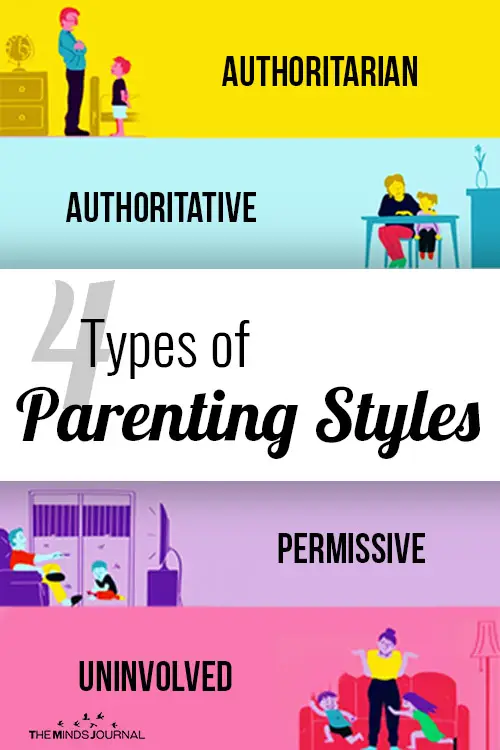
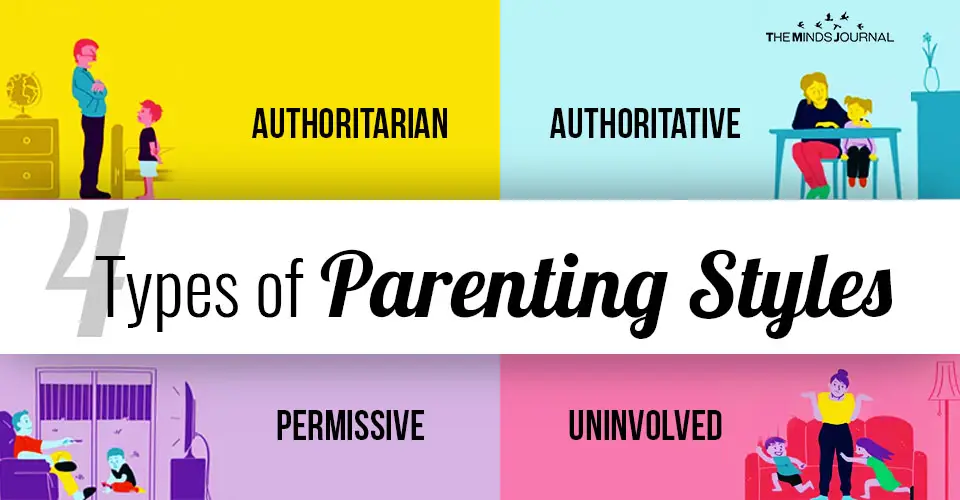




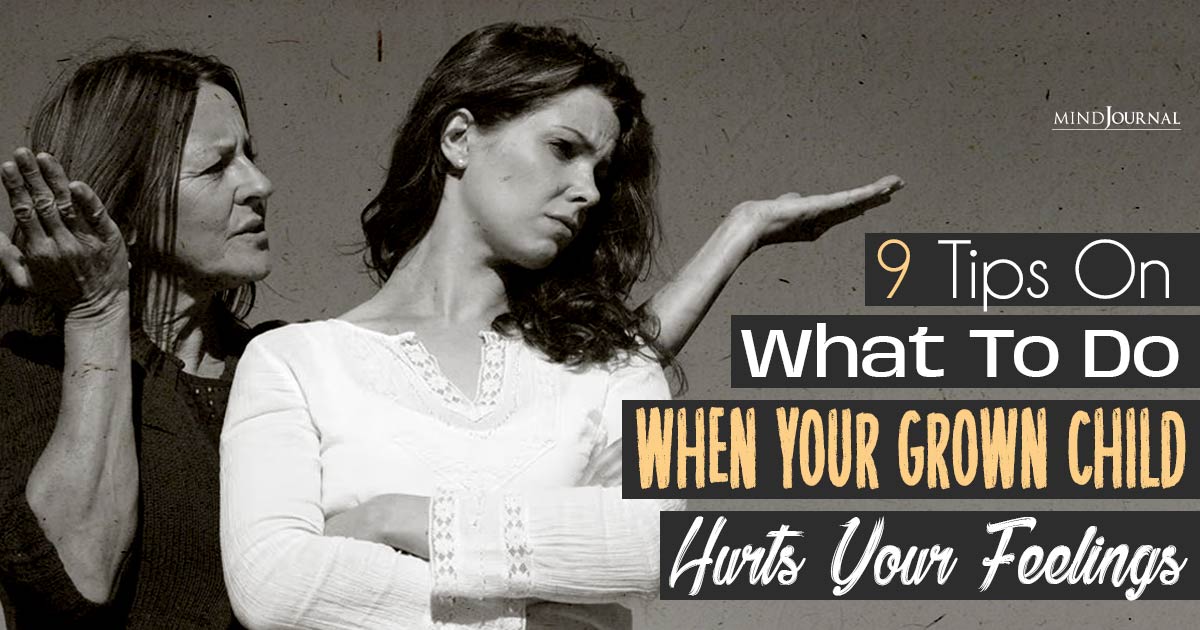
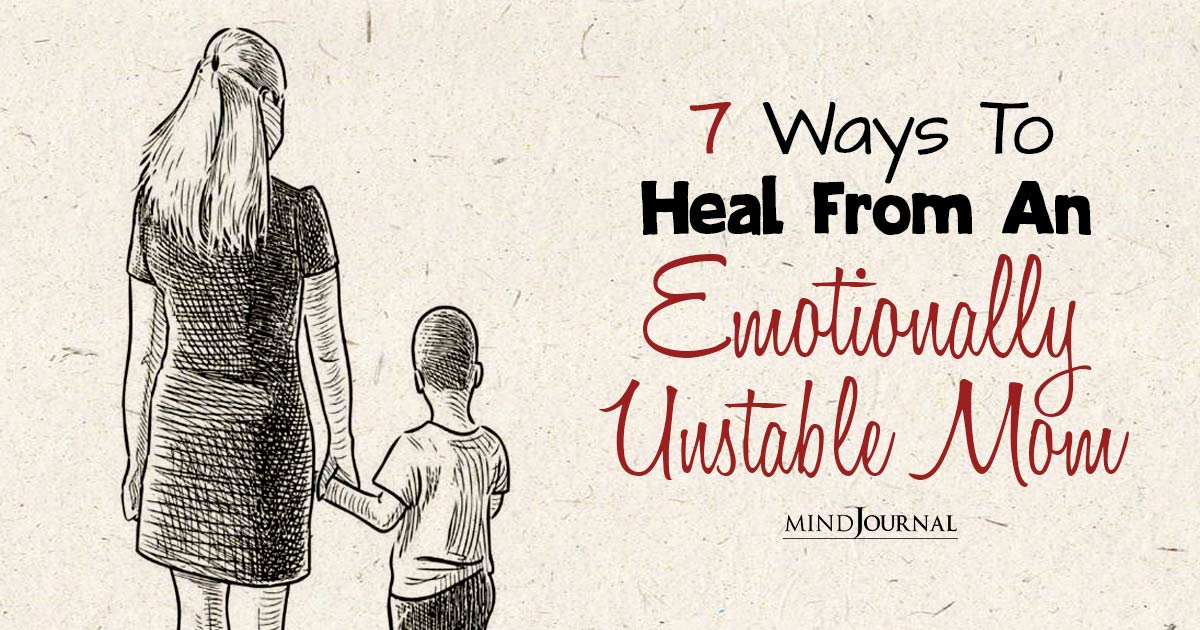
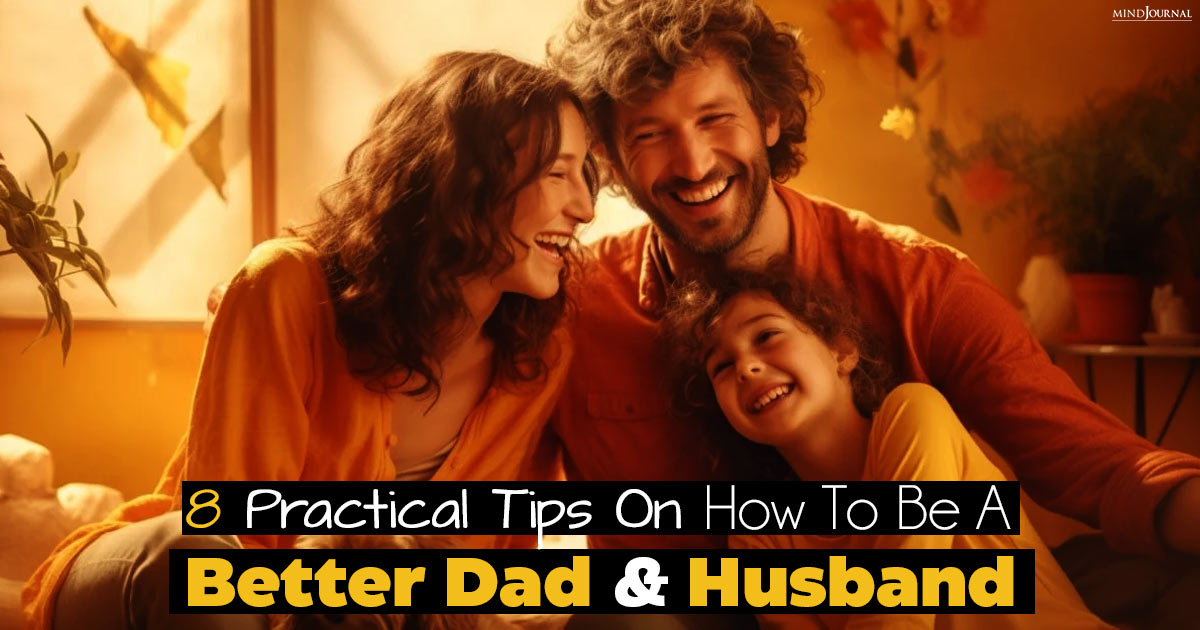
Leave a Reply
You must be logged in to post a comment.